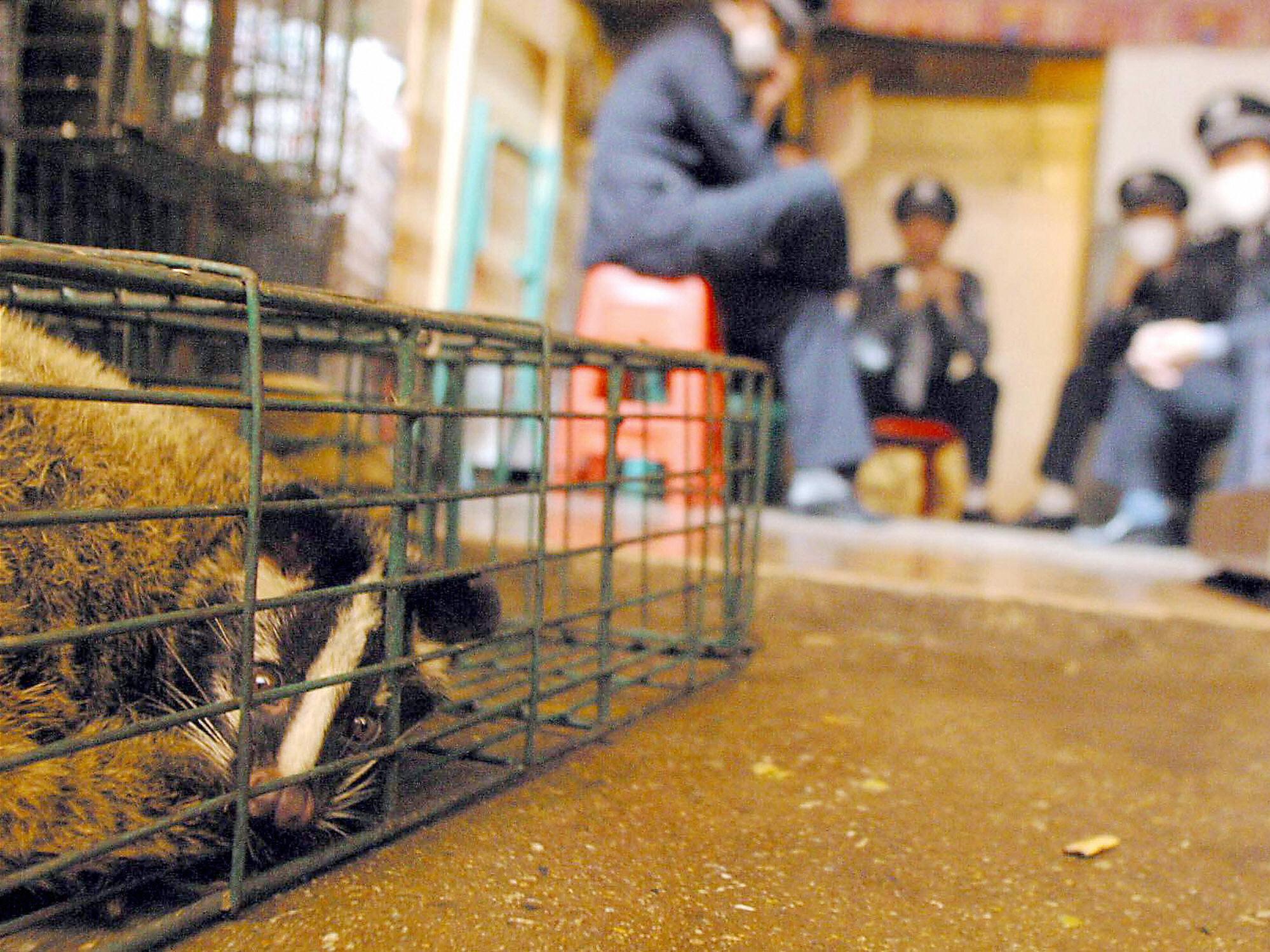World wildlife trade: Mad, sad and extremely dangerous
The natural world is being plundered at unsustainable rates to meet demand from Asia – but Europe and the US are guilty too, writes Jane Dalton

This pandemic is the consequence of our persistent and excessive intrusion in nature, and the vast illegal wildlife trade, in particular the wildlife markets, the wet markets of south Asia and bushmeat markets of Africa,” tweeted the actor Peter Egan. “It’s just a matter of time before something like this was going to happen.”
The coronavirus pandemic has thrust the global wildlife trade into the world’s gaze as never before, horrifying much of the western world with photographs of caged raccoons, civet cats, reptiles and birds, carcasses of bats, pangolins and alligators, openly sold in the streets of southeast Asia and India.
But worldwide trade in wild animals and their body parts is much wider still than these grisly open-air markets, and three-quarters of emerging viruses are spread by humans’ interference with animals.
Subscribe to Independent Premium to bookmark this article
Want to bookmark your favourite articles and stories to read or reference later? Start your Independent Premium subscription today.
Join our commenting forum
Join thought-provoking conversations, follow other Independent readers and see their replies